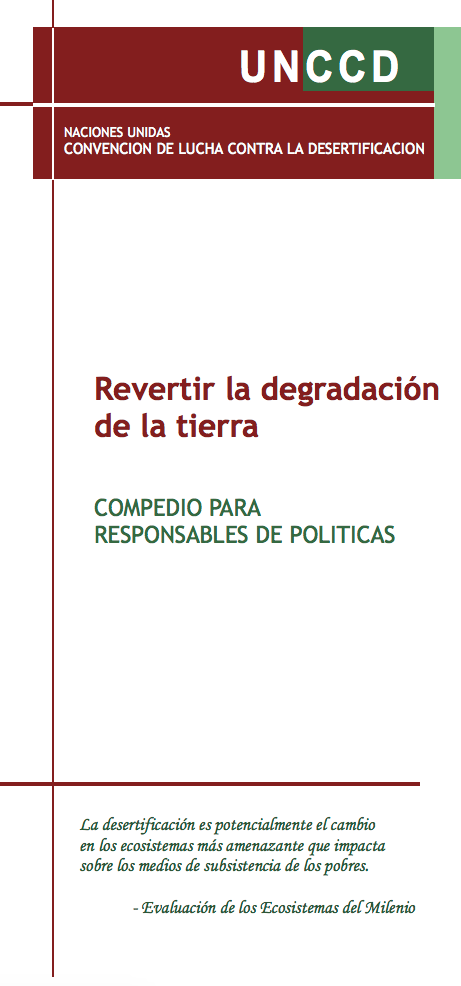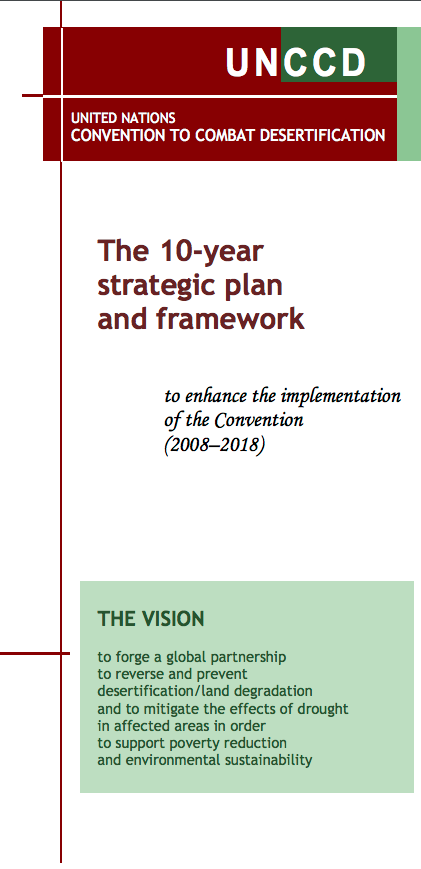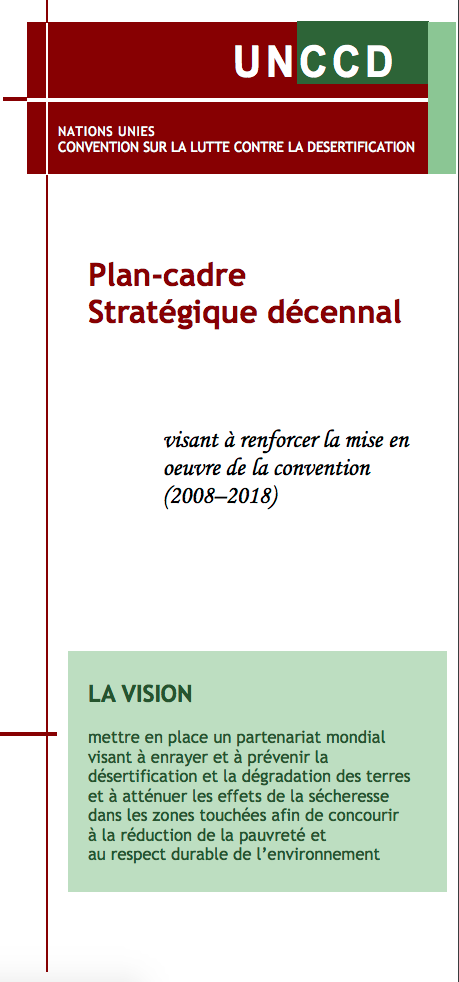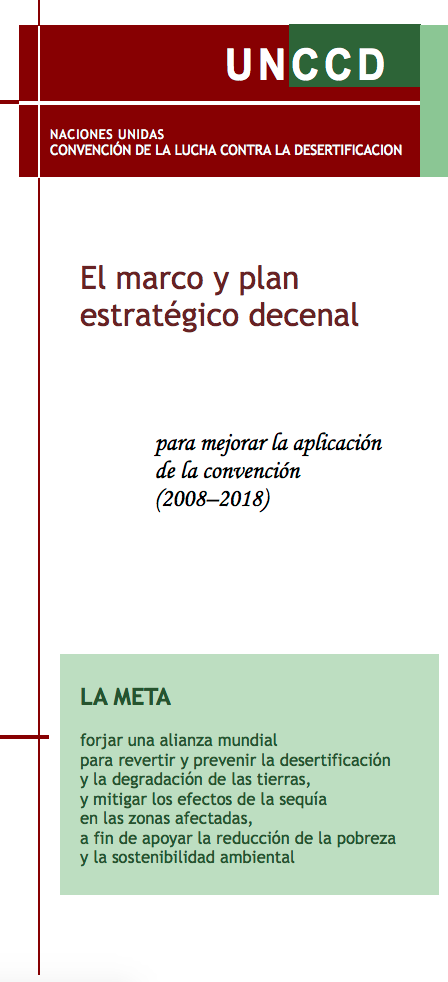Adapting to climate change in the water sector
This background note, published by the Overseas Development Institute, provides an overview of the potential risks and vulnerabilities that face the water sector due to climate change. It also summarises of some of the adaptive strategies, targeting both supply and demand of water, being employed across various sectors in the developing world and offers suggestions going forward. It concludes by assessing how current knowledge of climate change can help inform future planning of water sector interventions.








